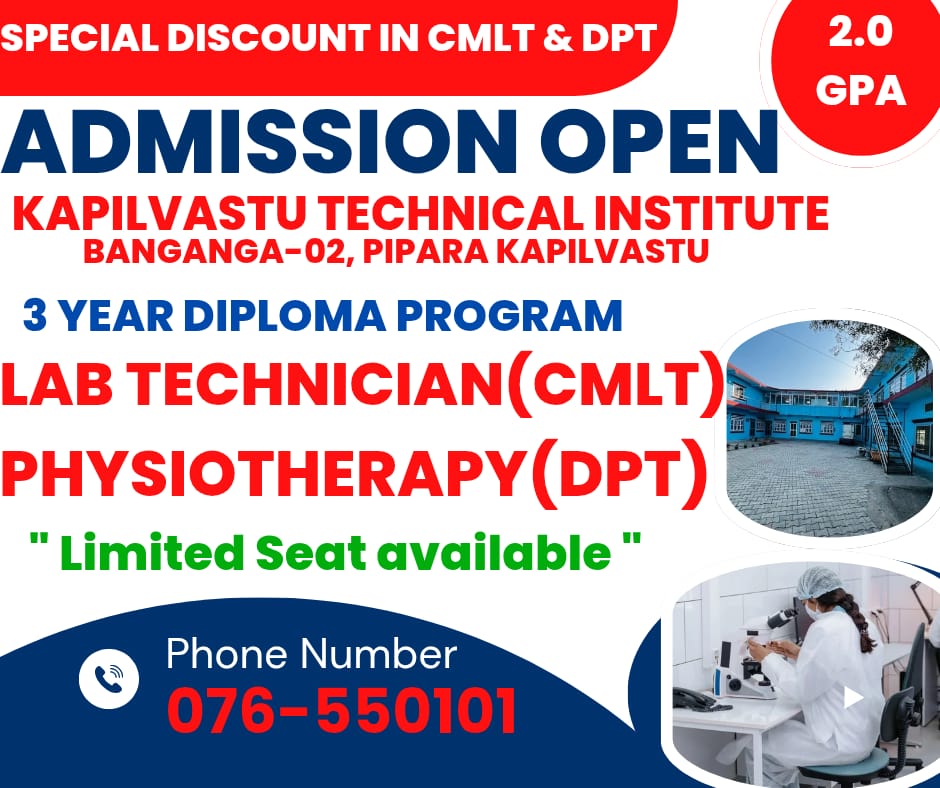



An Orchestra in Teaching Learning with Pedagogical Perspective:


Krishna K.C.
C.E.O.- Lumbini Vision College
Abstract:
Teachers are role models of their profession while performing their duties in learning situations. The thematic review presents creativity and collaborative learning from the perspective of the teachers as mentors of the learning process. The essential segment of this review focuses on the creativity and collaborative learning from socio-cultural perspectives. Here, an orchestra is discussed in teaching and learning with a pedagogical perspective, and adopting collaborative learning and pondering creativity.
Introduction:In the present era, the world has seen a rapid development of information technology, which is guiding the pace of economic growth, and society has transitioned to a manufacturing economy. With such a progressive pace, there has been development and innovation in education, too. This innovation is supporting creativity and collaboration in learning and working practices.
The need for collaborative knowledge formation and creativity in problem-solving is suggested to increase because future working life is apparently becoming more and more complicated.
More often, employees participate in various work processes and communities inside and across work organizations and professions. Work is thus based on interprofessional expertise and the shared construction of new knowledge. There is a need to improve communication to reach a shared understanding. The needs of current working life and society also set new challenges for learning and teaching in educational contexts. The 21st-century skills insist on flexible and novel activities in shared working practices. Therefore, the aim of education is not only to enhance the development of specific knowledge and skills but also to support and teach collaboration and divided creative problem-solving among students. Further supporting creativity and collaboration is often set as the target in educational settings. Teachers should find pedagogical support for their decisions and teaching activities from curricula. In various authentic learning contexts, there is a need to reach productive collaboration and creativity in authentic classroom situations.
This present review addresses how to orchestrate collaboration and creativity in authentic educational settings from the teacher’s perspective. The precondition for designing and organizing collaborative learning and creativity is to analyze and understand the collaboration process and its contextual adaptation. A common feature of orchestrating learning is that it draws systematically on research-based productive collaborative learning situations in the design and real-time implementation of teaching.
This thematic review presents creativity and collaborative learning from the perspective of the teacher as a mentor of learning processes. The teachers should adopt a sociocultural perspective to synthesize and reflect on research with a particular focus on enhancing the emergence of creativity and collaboration. The orchestration metaphor has the potential for stimulating future practice and research on enhancing the learning process. The main idea of the orchestrating is to combine design and improvisation. The curriculum sets the starting points for activities, the learning environment supports collaboration and the teacher pre-designs the structure for learning processes as well as orchestrating them in real time. The learners are given enough freedom for shared knowledge construction. Below are attempts to present and discuss how teachers can orchestrate collaborative and creative learning situations through a pedagogical base.

The concept of orchestrating learning is not new; along with the new emerging needs of society and the development of new technologies, orchestration has again become a topical issue in terms of supporting collaborative lies at the crossroads of the research on disciplined improvisation, which highlights the emergent nature of effective classroom practice and structuring instructional support for collaboration processes. From both perspectives, research has emphasised the significance of teaching as a creative performance. Related to this, there have been different attempts to enhance creativity and collaborative learning, such as through knowledge building. In the present context, educational professionals are realising that from the viewpoint of teachers, it is important to find a balance between structure and freedom in educational settings.
Thus, from a sociocultural perspective, orchestrating learning emphasizes the teacher as an important mentor in productive collaboration processes, acknowledges the need for a curriculum and related activities, and highlights the need for designing and supporting group learning based on research findings related to productive group processes.
The idea is that a curriculum sets the starting point for learning. At the general level, the teacher’s role is to lead the learning process towards a specific outcome and ensure an open and flexible learning environment for collaboration nd creativity. Although there is freedom during the learning activities, the teacher simultaneously supports and monitors the learning process during group work, based on contextual needs. In practice, the teacher has aims and plans for lessons as well as goals he/she create for learning situations and present problems for students to enhance shared and creative knowledge constructions. In other words, the teacher’s role is not only that of a facilitator but also a fellow collaborator, joining the students in collaborative processes.
In conclusion, it seems that supporting learning and teaching requires the integration of theoretical, pedagogical, and technological development. There is a special need to pay attention to how to engage groups in high-level knowledge construction processes and how to support teachers. In the future, theoretical knowledge about creativity and collaborative learning needs to be integrated with the teacher’s orchestration of learning activities and bound to the learning context.

खबर सबै
-

घट्यो अमेरिकी डलरको मूल्य
-

पश्चिमी वायु कमजोर बन्दै : आज बेलुकादेखि मौसममा सुधार आउने सम्भावना
-

विश्वकप लिग-२: सिरिजको अन्तिम खेलमा आज नेपाल र युएई भिड्दै
-

बाणगंगामा स्कुटर दुर्घटना, १ जनाको मृत्यु
-

कपिलवस्तुमा स्कार्पियोको ठक्करबाट एक वृद्धको मृत्यु
-

अर्घाखाँचीमा मोटरसाइकल दुर्घटना : दुई जनाको मृत्यु, एक घाइते
-

बाणगंगामा स्कुटर दुर्घटना, १ जनाको मृत्यु
-

कपिलवस्तुमा स्कार्पियोको ठक्करबाट एक वृद्धको मृत्यु
-

अर्घाखाँचीमा मोटरसाइकल दुर्घटना : दुई जनाको मृत्यु, एक घाइते
-

रुपन्देहीका ४ उद्योगले तिरे विद्युत् बक्यौताको पहिलो किस्ता, काटिएको लाइन जोडियो
-

शान्ति पुनर्स्थापना गृहको एक वर्ष : ७ हजार ५ सय बढीलाई परामर्श, ३७३ जनाको उद्घार
-

“प्रेमको खेल, मृत्युको जाल” — आफ्नै प्रेमीकाकाे हत्या प्रयासमा नाटकीय षड्यन्त्र !


















प्रतिक्रिया